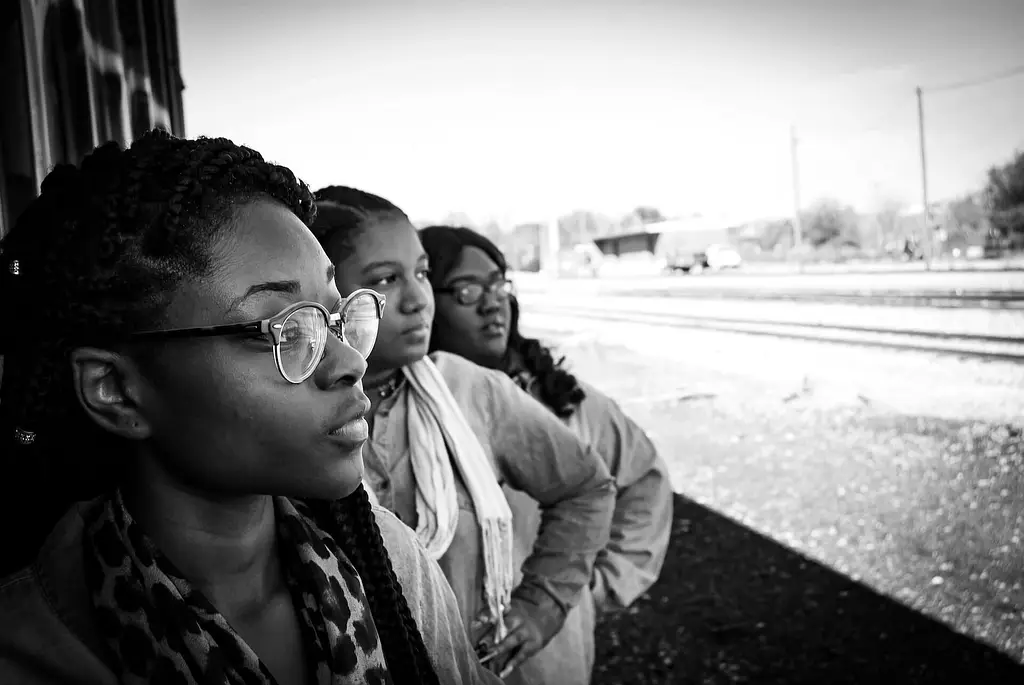
Exploring Black identity in the UK – Black History Month

Black identity in the United Kingdom is a fascinating and intricate topic that’s been shaped by centuries of history, immigration and activism. Over the past five years, I’ve noticed some significant global discussions revolving around Black identity, especially during Black History Month (BHM).
So, what’s with Black History Month in the UK?
Black History Month was introduced in the UK 11 years after it was first celebrated in the US. Coincidentally, 1987 also marked the 25th anniversary of the Organisation of African Unity and the 150th anniversary of the Caribbean emancipation of slavery.
Ghanian analyst and activist, Akyaaba Addai-Sebo, who led the movement in the UK in the 1980s, noted that he was moved by the identity crisis that Black children were encountering. In an interview with the UK Black History Month organisation in 2017, he noted that “A crisis of identity faced us squarely despite the Race Awareness campaigns of the Greater London Council (GLC) and the Inner London Education Authority (ILEA). More had to be done and so I conceived an annual celebration of the contributions of Africa, Africans and people of African descent to world civilization from antiquity to the present and got a lot of support from the leadership of the GLC and ILEA.”
Many of the issues of identity are still prevalent even now. It is easy to ask how much progress has been made by a movement to help Black people appreciate the contributions to society of people who look like us. And may even be easier to judge that not much progress, considering the present state of affairs.
Is it working, though?
Over the past five years, I’ve seen Black History Month grow in significance. Schools, organisations and communities have been embracing it more and more, using it as an opportunity to educate and engage with issues related to race and identity. It’s been a chance to celebrate Black achievements and history.
For instance, in 2019, the UK government announced funding to support BHM activities in schools, which is a step towards integrating Black history into the curriculum. Plus, social media campaigns like #BlackHistoryMonth have played a role in amplifying Black voices and experiences.
Still, there are some concerns. Some people argue that BHM can sometimes feel tokenistic or limited to just one month. They say that Black history should be part of the UK education system throughout the year, and it should go beyond historical figures to address current issues that the Black community faces.
I totally get that. As Reni Eddo-Lodge, an activist and writer, once said, “Black History Month should be about nurturing Black identity, not just ticking boxes. We need a broader understanding of Black history that includes our contemporary experiences and contributions.”
BHM still matters a lot
I doubt that BHM was started to be a silver-bullet solution to Black identity or social ills. Rather, it’s a reminder of the ongoing struggle for racial equality. BHM is a chance for Black people to celebrate their heritage and culture openly. Although I’ll argue that we do and should be able to celebrate the culture openly at any time or month of the year. It’s about fostering a sense of pride and belonging.
Especially for young Black individuals, it’s a way to find positive role models and a strong sense of identity. I believe journalist, Afua Hirsch, summed it up well: “Black History Month allows us to address the historical erasure of Black contributions to the UK. It’s not just about remembering the past; it’s about shaping the future.”
Black identity in the UK is a complex and evolving part of our society, shaped by history, culture, and ongoing struggles for equality. Black History Month is a big part of celebrating achievements, but it can be even more meaningful with some adjustments. To navigate Black identity in the UK, let’s keep these conversations going, acknowledge the complexities, and work towards a more inclusive and understanding society for everyone.